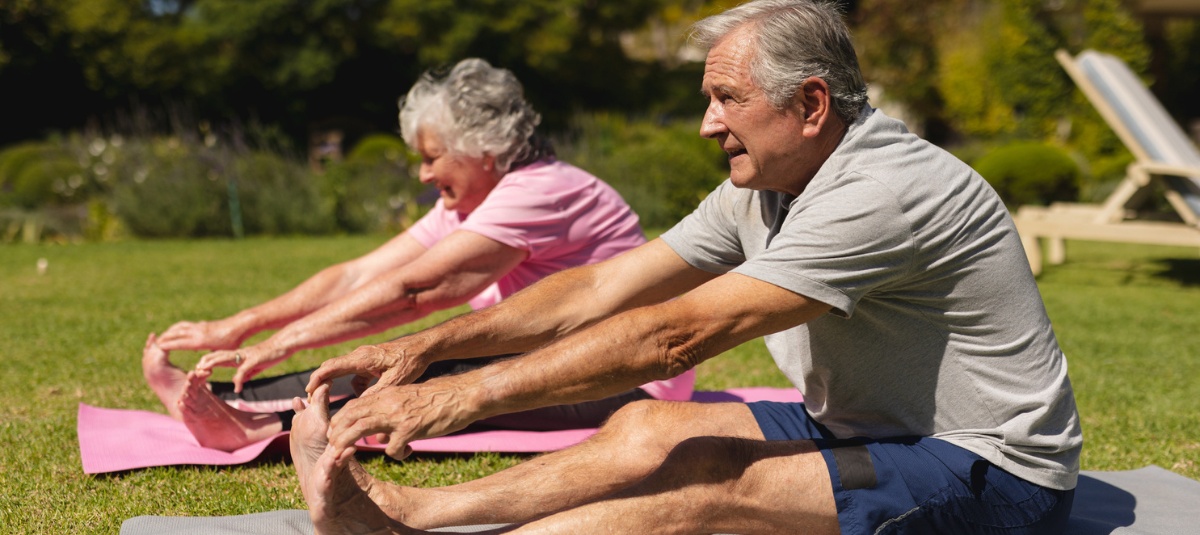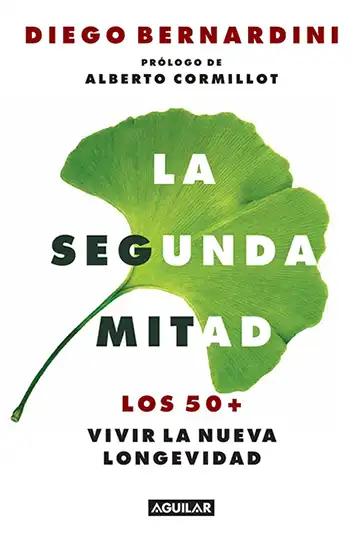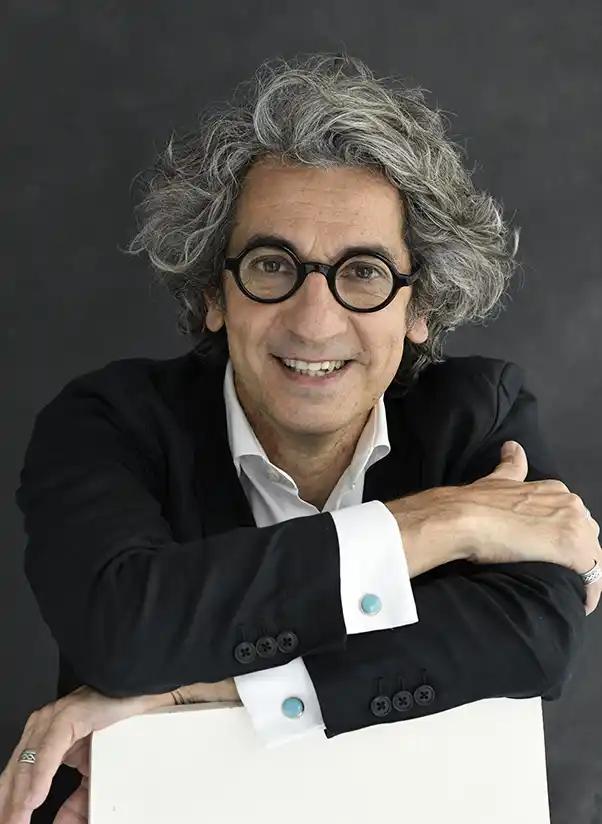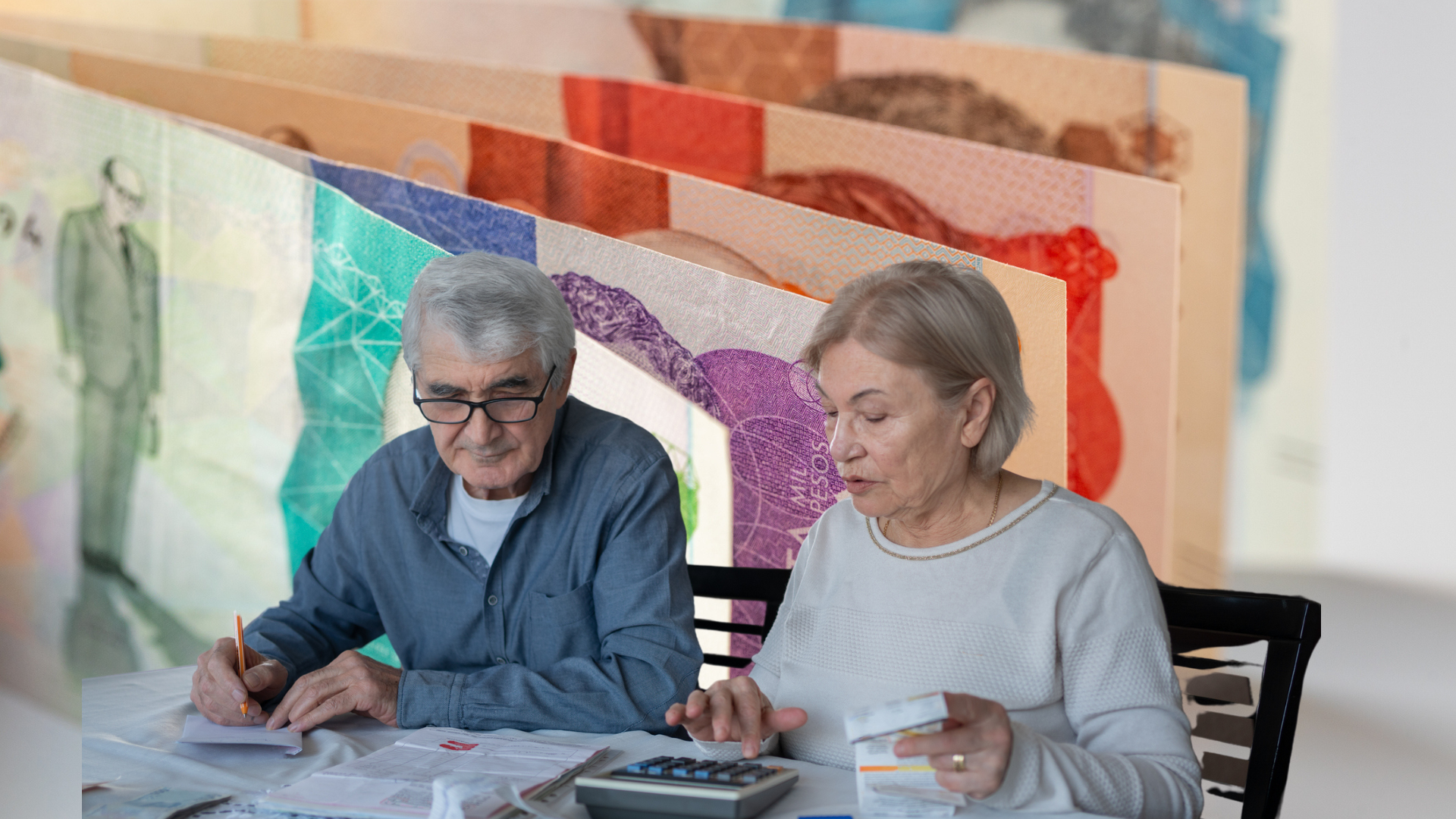How is aging changing? An expert explains the future that lies ahead in a society that is living longer and longer.

Humanity is living longer and longer. The latest findings from the Global Burden of Disease (GBD) Study, published last year in The Lancet, predict that global life expectancy will increase by 4.9 years for men and 4.2 years for women between 2022 and 2050.
Global life expectancy is projected to increase from 73.6 years in 2022 to 78.1 years in 2050 (an increase of 4.5 years). Healthy life expectancy worldwide—the average number of years a person can expect to live in good health—will increase from 64.8 years in 2022 to 67.4 years in 2050 (an increase of 2.6 years).

Exercise routines contribute to the mobility of older adults. Photo: iStock
This trend is largely due to public health measures that have prevented and improved survival rates for cardiovascular disease, COVID-19, and a range of communicable, maternal, neonatal, and nutritional (MMN) diseases.
Given this reality, experts say it's crucial to ask ourselves: What will aging be like now? What does it mean to be 70 today, compared to half a century ago? Colombia, like many Latin American countries, faces this challenge in a context of high inequality and institutional fragility.
This is where the concept of "new longevity" emerges, which proposes a review of our public policies, the role of the State, and, above all, our own life expectancy. Optional retirement, a more active lifestyle, and changes to pension systems are part of this new reality that lies ahead.
And that's the central theme of the book "The Second Half: 50+, Living the New Longevity" (Aguilar Publishing House), by physician and kinesiologist Diego Bernardini. The Argentine, who holds a master's degree in gerontology and a doctorate in medicine from the University of Salamanca, Spain, explains in an interview with EL TIEMPO why it's urgent to build a pedagogy of longevity, what other countries are doing in the face of this reality, and how we should prepare ourselves individually and collectively for a longer, more active, and fuller life.

The book "The Second Half" (Aguilar Publishing House) by physician and physical therapist Diego Bernardini. Photo: Aguilar
It's a recent phenomenon, emerging over the last 20 or 30 years, that redefines aging. It's not just about living longer, but about living differently. Today's older adults are showing us that old age is not synonymous with passivity or dependence. It's a stage of new opportunities as well as challenges.
Why do you consider this to be one of the great changes of our time? Because we already know for sure what will happen to the population. Unlike climate change or artificial intelligence, whose magnitude we still don't fully understand, we do know that there will be more older adults and fewer children. This will transform our societies. For example, Colombia will begin to lose population starting in 2055, and already has very low population replacement rates.
How will the rules of the game change in the economic and labor spheres? Today, we work in a more cognitive way, with greater value on experience and soft skills, which flourish after the age of 40 or 50. Yet, we continue to retire people as we did 80 years ago, when life expectancy was much lower. A teacher who retires at 55 today is losing decades of wisdom. We need more flexible systems where retirement is a right, not an obligation.
What role does the State play in this scenario? The State has a social debt to older adults: to guarantee decent pensions. But to sustain that, it must allow those who want to continue working to do so. Not everyone can or wants to work like they did at 30, but they do want to stay busy. Employment is not just a source of income; it's an anchor of identity, especially for men. Lack of employment after retirement is linked to increased suicide, depression, and mortality.

Diego Bernardini is a family doctor and physical therapist. Photo: Personal archive
Yes. Uruguay, for example, has already raised the retirement age. It has had a National Care System since 2016. Costa Rica is also working on one. The Inter-American Development Bank has placed the longevity economy on its agenda. In Bogotá, the 2024-2027 strategic plan includes a public policy based on the new longevity. Efforts are being made, but we need political will and understanding that this is already happening.
What policies should be promoted to adapt retirement to this new reality? Gradual flexibility. We can't tell someone who retires in two years to wait eight more. But we can offer incentives: work longer and receive a better pension. The most educated people already say they want to retire closer to 70. It's essential to educate the younger generations: living longer costs more, and we need to be prepared.

The retirement age will have to change in the future, according to Bernardini. Photo: iStock
That's true. After the pandemic, many young people are prioritizing working to live, not living to work. But they must also understand that concepts like state-funded retirement are no longer sustainable. Furthermore, being busy and continually learning makes us not only live longer, but live better.
What habits can improve quality of life in old age? Today we know that having friends, exercising, eating well, maintaining weight, having a life plan, and maintaining deep emotional bonds prevent cognitive decline. Almost half of dementia cases can be prevented. We used to die before it appeared, but now we live long enough for it to manifest. We must prepare for that second half with healthy habits.
What does your book 'The Second Half' address? It's an invitation to reflect on this new stage of life. It offers tools to prepare: how to eat, how to maintain social relationships, how to find meaning in new activities. And most importantly, understand that it's never too late to start something new. Longevity can be an opportunity if we live it with health, autonomy, and purpose.
Environment and Health Journalist
eltiempo

%3Aformat(jpg)%3Aquality(99)%3Awatermark(f.elconfidencial.com%2Ffile%2Fbae%2Feea%2Ffde%2Fbaeeeafde1b3229287b0c008f7602058.png%2C0%2C275%2C1)%2Ff.elconfidencial.com%2Foriginal%2F516%2F916%2F94f%2F51691694f34cb8763fe34fc392278b18.jpg&w=1280&q=100)



